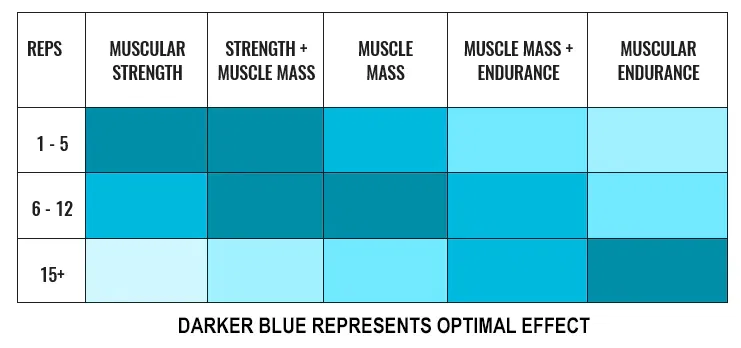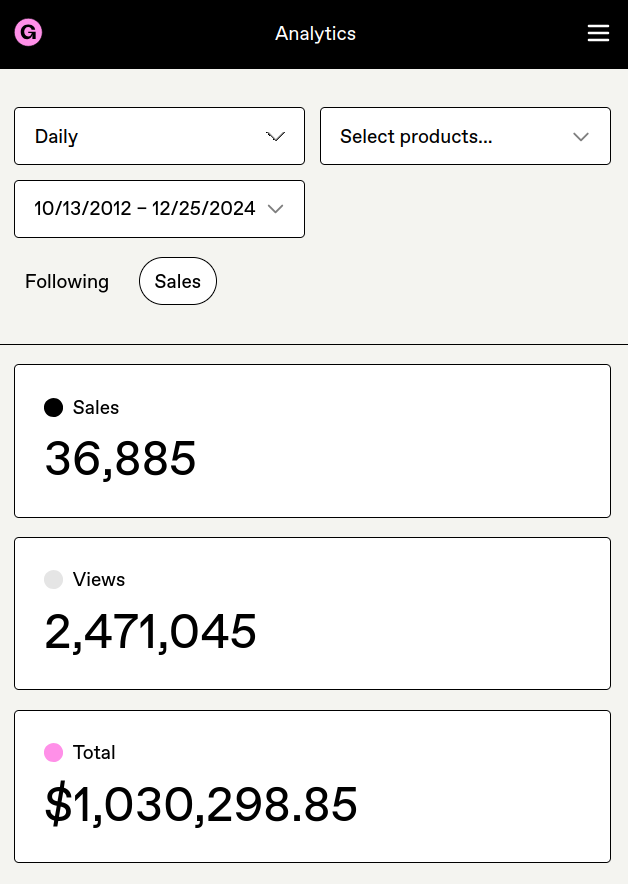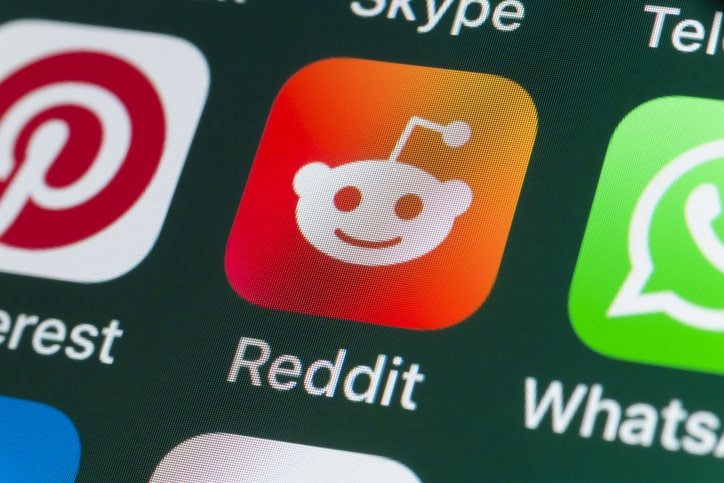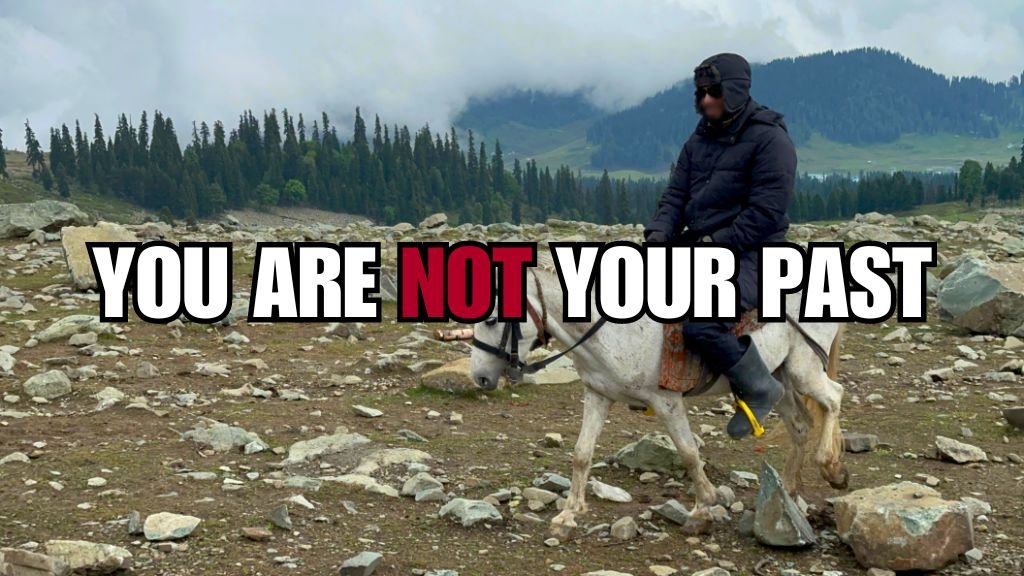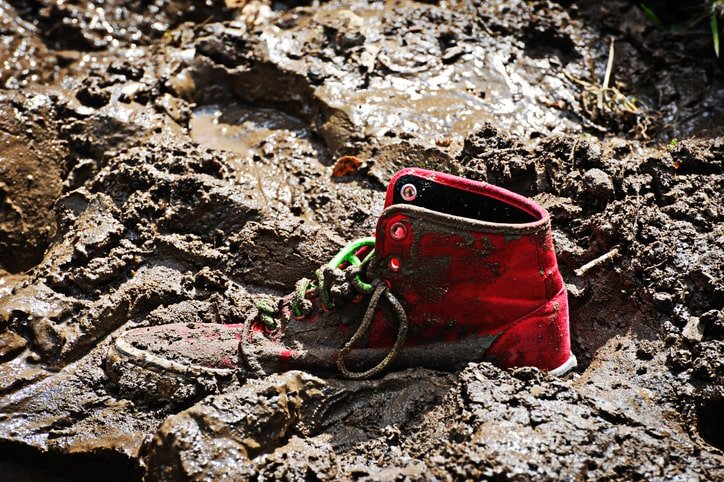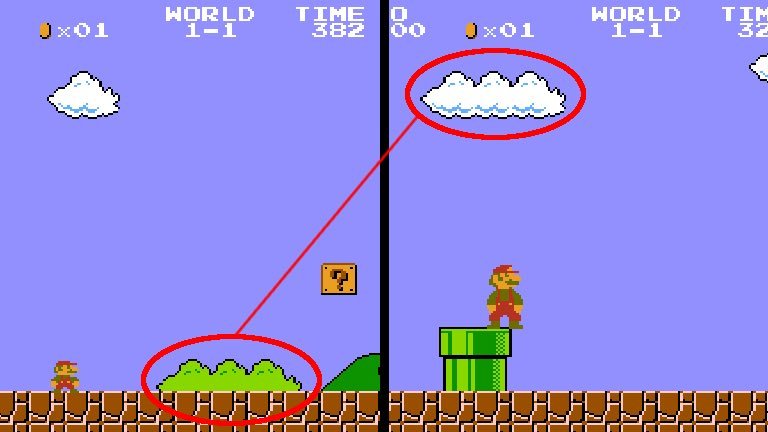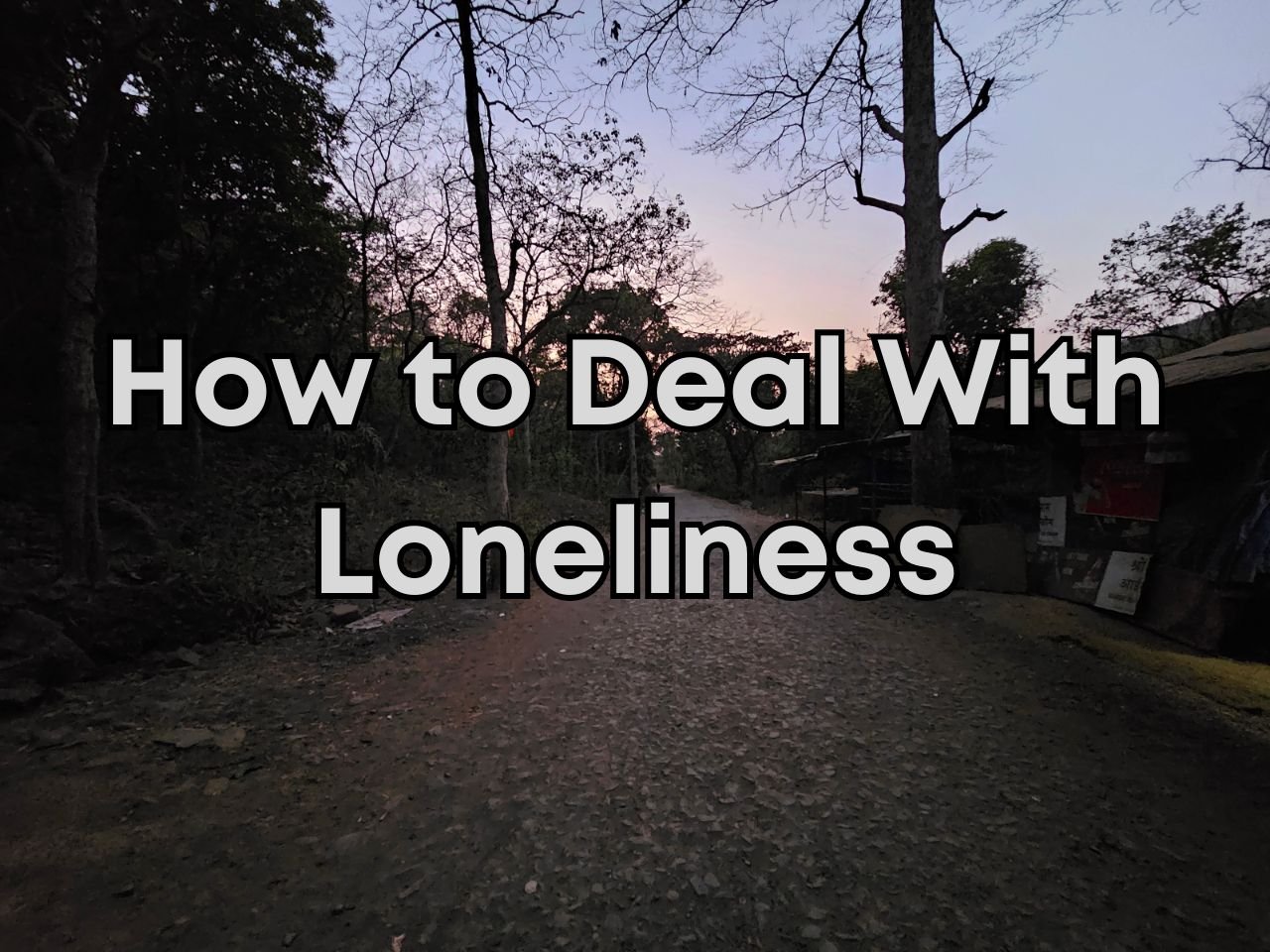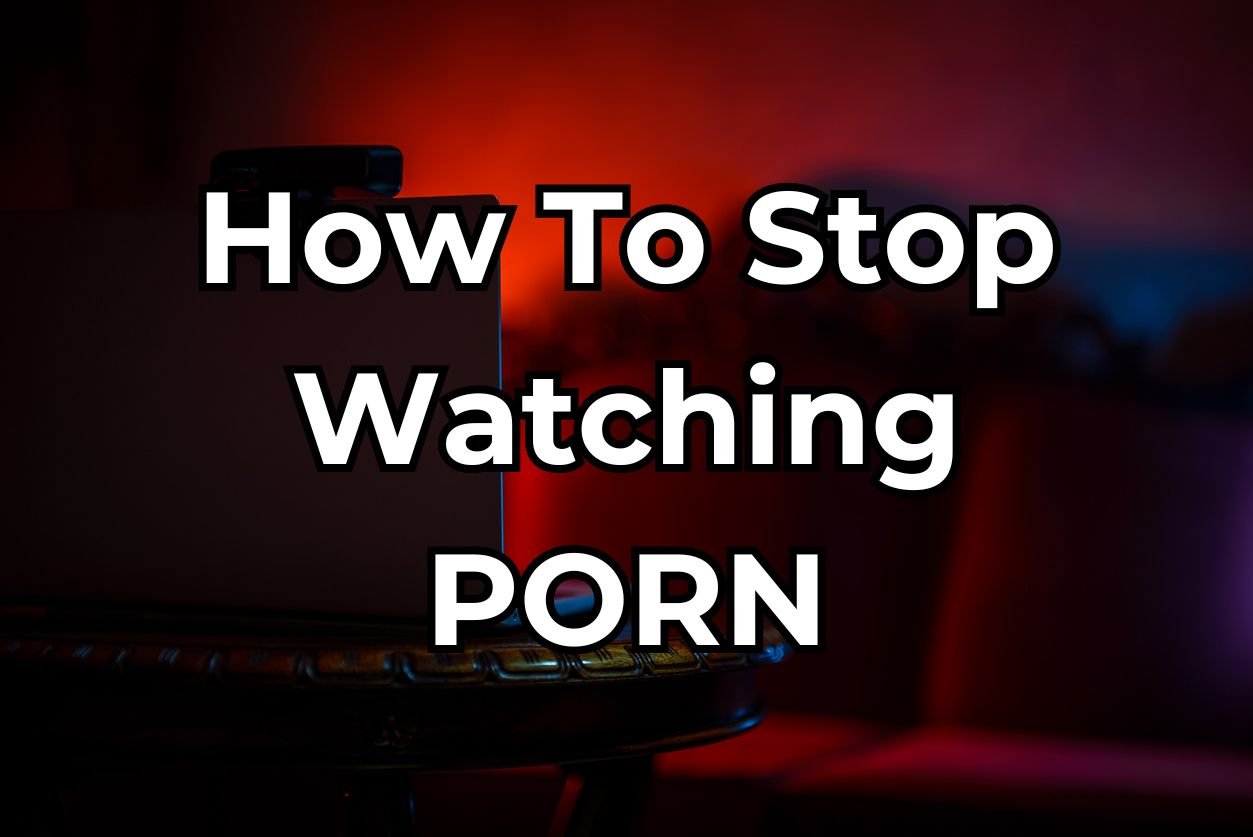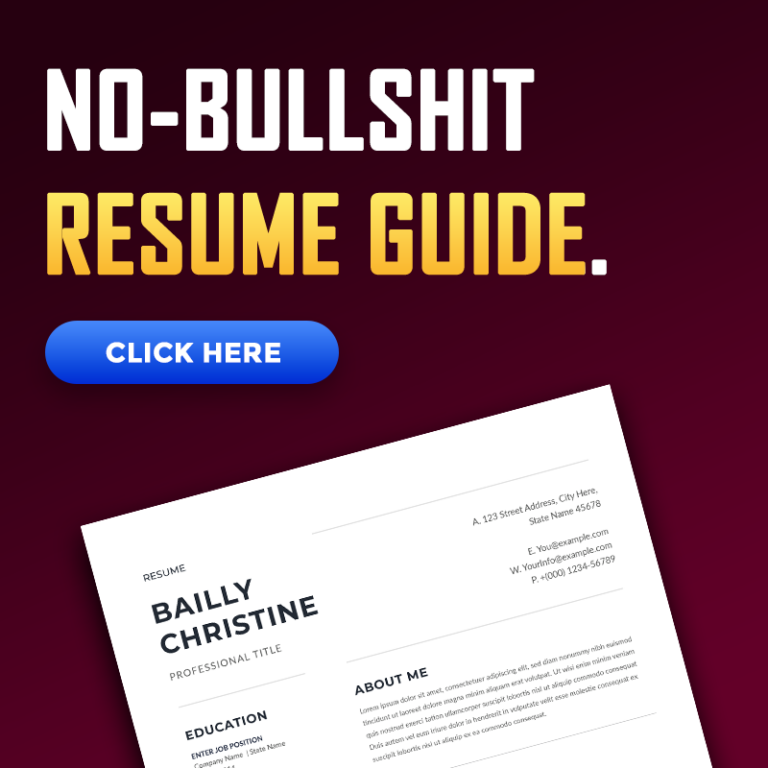Work from home (WFH) or remote work was forced on too many people and businesses because of the China Virus pandemic, and the implications of it are huge.
Needless to say, it’s going to be a very different world from here onwards – both for employees and employers alike.
In this piece, I will cover my thoughts on WFH along with its first, second, and third-order effects, and conclude with whether I think WFH will become the norm in the future or not.
Through the article, I will also make predictions about the future of the world in general, which might make exciting thought stubs for you to think about.
First Order Effects
1. Cheaper for Both the Employer and the Employee
As an employer, I no longer have to pay for expensive city office space. I might have a small client-facing front office, but I don’t need to pay for a large office and build cubicles and conference rooms.
I can now hire from across the world; I can now acquire skilled labor at more competitive prices since people staying in tier 2 cities and rural areas and third world countries have lower costs of living and can afford to sell their labor at a cheaper rate.
Prediction: Property prices and rent will eventually even out between geographical places and reduce this arbitrage, but a fair amount of it will always exist because resources are limited, and infrastructure is unevenly spread out.
From the employee’s perspective, I can now save all my commute time and spend it either on more work (to earn more money) or spend it with my family (or creating a side business!).
I can now sell my labor across the world and get what I’m worth, instead of being forced to only look for work in my own city/locality.
I also don’t need to spend money on a lot of formal clothing, shoes, traveling, etc. that regular employment requires – money I can invest elsewhere.
In other words, WFH will lead to a much more efficient global allocation of human resources.
2. Reduction in Bloat / Useless Employees
WFH makes it easier to track individual effort for work done in a team (just look at their deliverables), which will eventually lead to better metrics for how productive an employee is (like salesmen are measured by revenue generated).
This means a lot of staff that doesn’t add enough value and relies on looking busy to stay employed will get the ax, sooner or later.
Entrepreneurs aren’t dumb, and they’re not going to pay someone who they can do without. It’s how the world works.
We’re going to see a large cut down in middle manager MBA types, and office politics will not be as relevant in workplaces henceforth.
This is all bad news for incompetent people who hide behind “teams” and good news for competent people who get things done – because it means now you will be highly valued and thus, by definition, have more bargaining power.
3. More Productivity from Each Employee
This is just from observation, but from my experience implementing WFH, it looks like I get more output from each employee simply because each employee ends up working more.
Here’s what the schedule looks like for many employees when they work at a regular corporate (I’ve confirmed this with many of my friends who’ve worked in corporate for years):
10 am – Reach work.
10 to 10:30 am – Tired from the commute, so rested a bit. Then went to get some coffee and chatted with coworkers.
10:30 to 11 am – Checked social media and emails.
11 am to 1 pm – Work, calls with the boss, maybe a meeting.
1 to 1:30 pm – Distracted. Recheck social media. Chatted a bit with coworkers.
1:30 to 2 pm – Message from a coworker – “Let’s get some lunch!”
2 to 3 pm – Lunch break.
3 to 3:30 pm – Took a short walk around the office building, and then came back to the desk and rested.
3:30 to 5 pm – Work.
5 to 6 pm – Checking social media, making a call, checking email, and getting ready for the commute home.
Of course, this doesn’t apply to everyone (especially professional firms), but it’s a good approximation of the average day of the average corporate desk worker. There simply isn’t enough time spent on work!
Managers mistake attendance for work, but there isn’t much work done by many people.
WFH reduces a LOT of this inefficiency, and many people are just as productive in 2-3 hours of focused work from home than they were with 8 hours of “work” at the office.
This means a significant percentage of the workforce in many corporations can be downsized as we’ll be able to get more man-hours out of each individual employee (see point #2).
To top it all off, there’s no real demarcation of “work” and “home” when people work from home.
Back in physical offices, people segregated work as “when I’m at the office” and personal time as “when I’m at home” in their heads – this no longer exists and many productivity-oriented people work much more than their regular work hours.
This, of course, means higher competition among employees and more work done from the employer’s perspective.
Relevant reading: Work From Home: 7 Tips to Increase Productivity
4. More Freelance Work
Right now, businesses are subject to various regulations that make it very expensive to have full-time employees. Health insurance, provident fund contributions, legal liabilities for sexual harassment claims, etc. all make having more employees undesirable.
I see more businesses relying on freelancers wherever they can in order to escape administrative costs and to have easy “exits” (end of contract) once their work is done.
And more people will be able to freelance because they will have more free time (no commute, etc.) and because internet connections are faster than ever. There are many ways to make money remotely, and innovative people will find them.
Virtual Assistants [VA] is already becoming “a thing”, and once WFH forces businesses to upgrade their technology, they’ll be able to take advantage of the relatively low overhead that comes with contractor labor.
5. Reduced Innovation and Fewer Out of The Box Ideas
I was speaking to my friend Cory from @PUA_DATING_TIPS over a call recently – it was just a call without any real agenda – we were talking to briefly catch up on a project we were working on, and to chat. A lighthearted lunchroom conversation.
Cory is the one who created The Book of Pook Audiobook, the audiobook version of the life-changing Book of Pook, that I help market via that website and a dedicated Book of Pook Twitter account.
I was telling Cory about a new Twitter account I had created, @SocialSkillsBot and Cory asked me to check out a book called How to Win Friends and Influence People by Dale Carnegie.
I told him that I was reading that book as we speak, and that’s when it hit me! We could do the same thing for HTWF&IP what we did for BOP!
This led to me creating a website hosting the Unrevised Edition of How to Win Friends and Influence People. Cory’s team is in the process of creating an audiobook version as I write this. I think it’ll do well when it’s released. (The Book of Pook audiobook has done well and lots of people love it!)
This was a business opportunity that hit my head in the middle of a random call meant to chat and catch up.
Similar “brainwave moments” have happened to me in the past, where I’ve been talking about something and an idea hits me out of nowhere.
I believe WFH will make people results-oriented, but a bit too results-oriented, and fewer random chats will mean fewer random ideas.
I think, to an extent, this can be corrected by scheduling calls and virtual meetings with no agenda, i.e. “for shits and giggles”, but I don’t think it will fully recover the lost random creativity that physically working with people brought.
That being said, I do believe that the efficiencies gained outweigh the creativity lost, for the most part.
6. WFH and Women
I think WFH should be an overall positive for women, but only capable women, not the women who rely on their “feminine charm” to get ahead.
I know lots of people who stopped hiring women after #metoo became a thing, and I know many people who would refuse to be in the same room alone with a woman.
This was not a good thing for competent women. WFH completely eliminates this problem. On the other side of the coin, the women who relied on their sexuality to get ahead find that their competitive advantage is now gone.
This is all good news for employers because now I no longer need to worry about sexual harassment suits while also getting to pick from a broader talent pool.
Second Order Effects
1. Reduction in City Dominance
Right now, we are in a city dominant economy.
Cities are where most of the businesses are, it’s where most of the opportunities are (financial or otherwise), and it’s here most of the talent comes to find work.
Cities are a hub of culture and business, simply because everything until now relied on proximity.
If I want to hire someone to work in my office, he’d have to live in the same city. With lots of businesses in cities, most people used to move to the city to find high paying work. And since all the talent and rich customer base was in cities, it made sense to move to a city to start a business.
When WFH becomes a thing, an employer would no longer need to filter for candidates in the same city and can hire talent everywhere in the world.
This means living in a city is no longer absolutely necessary for a promising career!
Cities will lose influence and power.
You don’t have to live in Mumbai to work in Mumbai; you don’t have to live in NYC to work in NYC. You could just as well be living in a remote location in rural India (assuming you have decent and reliable internet) and be working for a first world employer and making first world money.
This is bound to happen because that’s how economics works under capitalism.
As an employer, I want the best, and I want it as cheap as I can get. And it makes sense for me to hire from places where people will work for cheap when they can do the same level of work.
Labor outsourcing had been taking place for a long, long time now, and it’s about to get dialed up but a few notches very quickly.
2. Normalization of Real Estate Prices
On that note, real estate prices and rent are much higher in big cities than outside them, simply because of the large number of people who come to cities to work each year create a ton of demand for city real estate.
When you no longer need to live in cities to work there, and the economics work in a way that incentivizes you to not be in a city (outside of city = cheaper cost of living = can work for cheaper = higher chances of a job you want), the demand for city property will fall.
Smaller towns should see some increases in property prices and rent as more people prefer to live there. Eventually, infrastructure in smaller towns will improve (supply meets demand), which should normalize prices even more.
This is a good thing, as it’ll lead to more sustainable and evenly distributed development rather than more crowded and overpopulated cities.
3. Disruption in Many Industries
For many industries, WFH is analogous to a river changing its course. It’s just not the same anymore.
For example:
The local transport industry – this includes taxi, Uber, etc. They’ll see a reduction in demand since many people who used them every day will not need them anymore.
Formal clothing, formal shoes, etc. – a significant reduction in demand.
Fast food and restaurants around workplaces – big reduction in demand.
Aviation industry that makes much of its money on the sale of business class seats – reduction in demand.
Of course, it won’t go to zero, because there’s still plenty of jobs that won’t become WFH because of logistical reasons or because of the nature of the job itself.
But demand doesn’t have to go down to zero for the business to stop making economic sense.
Many industries will need to revamp their business models entirely if they wish to stay relevant and earn a decent return on their capital and risk.
There will be positives for many industries as well – for example, gym equipment manufacturers, gardening, etc. who will see increased demands and profits.
4. Short Term Increase in Divorce / Marital Conflict (Prediction)
When the China virus related quarantine took place, I came across an interesting article titled: “Divorce rate spikes across China after couples spend too much time together during coronavirus home quarantine“.
I’ve come across similar articles regarding spikes in divorce rates following quarantine in other countries as well (Australia, Belgium, India, Saudi Arabia).
I don’t think a WFH world would be that much different. It should lead to a rise in rates of divorce over the short-run (until things settle out).
Over the long run, once the “tree been shaken” process is complete, divorce rates might come down as there will be fewer opportunities for infidelity.
5. Stronger Family Culture (Prediction)
Over the long run, I believe WFH will strengthen families by de-amplifying destructive ideologies such as feminism (directly or indirectly) and allow family values to flourish once more.
This is because if work becomes remote, there’s a high likelihood of schools and colleges also becoming remote – and young minds will not become indoctrinated into leftist nonsense by Marxist professors and the prevailing culture of promiscuity.
That being said, this is merely an educated guess, and it would be interesting to see how the cultural effects of WFH/remote work actually play out.
6. Increase in Unemployment and Oversupply of Human Labor
There are a lot of factors such as:
- Reduction in the number of bloat employees as aided by the rise in accountability because of WFH (See #2 in first-order effects)
- More output per employee due to increase in efficiency bought about by a reduction in “wasted hours” because of WFH (See #3 in first-order effects)
- Rising automation and more tasks outsourced to code
- More entrepreneurs embracing automation incentivized by adverse labor laws (See #4 in first-order effects)
that feed off each other and will eventually lead to a lot of unemployment – it would be like what happened to factory workers/manufacturing jobs, just on a broader and global scale.
Higher IQ people will be better off as there will always be demand for raw intelligence and creativity, but 80% of white-collar desk workers who do easy, repetitive work are, for the lack of a better word, screwed.
To top it off – even when their work can’t be automated, it can be outsourced to cheaper countries, and the invisible hand of competition says that if something can be done to reduce costs, it will be done.
In this calculation, we have not factored in the loss of work in declining industries such as serving staff in restaurants, taxi drivers, office peons, cleaners, etc. that will further feed this problem.
7. Government Tax Crisis
This is relatively straightforward to predict once you factor in the following:
- More unemployment (i.e., less income tax)
- Decline in collections of taxes on petrol, diesel, and road tolls (as fewer people need to travel regularly)
- Fall in consumer consumption (people buy less stuff when they’re based from home because they have fewer people to impress, i.e., less indirect tax)
- Declining ability to collect high rates of taxes from ultra-rich people*
* This is because of the world becoming more fluid. People are less tied to their locations to earn their income and will leave for jurisdictions with friendlier tax laws. The government can no longer just show up and ask for higher rates because rich people leave.
This is not a small issue. The top 1% account for over 50% of the taxes collected in most places.
And this problem is already happening. Check out these two articles, for example:
- New York City loses hundreds of billions in wealth as rich residents skip town.
- Cuomo [Governor of New York] Refuses To Raise Taxes On Billionaires Because “They’ll Just Move Next Door”
The government is losing the ability to rob and steal tax money from rich people, and at the same time, facing declining revenues from almost every other source.
The lollapalooza effect is beyond the ones I listed above. One that comes to mind is that declining tax revenues will lead to less expenditure on poor people, which will increase crime and decrease stability, further causing rich people to leave and tax revenues to decline.
If I had to make an educated guess, all of this would lead to one thing: printing more fiat money (???? and the money printer goes brrrrrrrrrrrrrrr ????).
[Third order prediction: The bitcoin maximalists were right. Most fiat currencies fall to a tiny fraction of a bitcoin / gold coin because governments keep printing out ungodly sums whenever they like. You know the Chinese curse: May you live in interesting times.]
8. Better environment, less pollution
Very straightforward. Reduced travel and reduced concentration of people in cities mean less overall pollution where lots of people dwell.
Besides, if you could work from anywhere, why would you live in a place where the polluted air is slowly killing you? It wouldn’t make sense – you would leave.
This should improve the overall health of the population over the long term.
Third Order Effects
Because of the complex interplay of factors involved, it’s tough to tell what the third-order effects will be. You can treat this entire section as predictions or educated guesses.
1. More Religion
The decline in employment and the government’s ability to spend (in real money terms) will lead to a lot of hard times for many people.
This will probably result in a lot of people seeking religion for mental and moral support.
Now is probably a good time to think of religion-related products to sell.
2. More Gambling
I’ve read many recollections in published diaries where increasing hardships in a country (such as the great depression) led to an increase in gambling. Likewise, as prosperity returned, gambling declined again.
If I am correct and the economic situation worsens because of unemployment, we might see an increase in gambling.
3. Stronger and More Authoritarian Political Leaders
In times of crisis, people look for strong leaders to lead them. Take developing nations like Russia, for example, that tend to have strong, authoritarian political leaders.
I think we will see more authoritarian leaders leading the world.
4. More People Trying to Make a Living Online
Be it girls prostituting themselves on OnlyFans or people creating new SaaS companies – more and more people will go online to make some extra money and exploit business opportunities.
Earlier people used to move “from small towns to big cities” to find opportunities, and now the equation has changed “from offline to online”.
I have higher confidence in this prediction than the others in this section.
5. Societal Collapse
Well, we have talented, rich people moving away, money being printed by the trillion, competition from hostile communist governments, declining employment for young people, expensive education, lots of indoctrinated sensitive losers who protest everything and burn existing infrastructure down…
Well, well, you know what they say, good times make weak men, and you are living in interesting times.

Will Working from Home Become the Norm?
I think it will. Simply because of economics.
In a capitalistic world with competition, if a business can reduce costs in some way, it will. If it doesn’t, the competition will, and they will reduce prices for customers and gain a higher market share and end up killing the players who did not reduce costs.
WFH is here to stay, whether people like it or not.
Moreover, WFH is easy to implement now, as high-speed internet connections have become widespread in the past few years. This is the first time in history that this structure is even possible.
The main complaints regarding WFH that I’ve heard are:
- Long working hours (no distinction between personal time and work time)
- Bad software/tech stack not up to par
The software issue will fix itself soon enough. Software iterates fast, and many companies are already on it. Remote work-related software has gotten better by leaps and bounds in the past few months.
The unmetered working hours issue should also solve itself. The current problem exists because WFH is very new to everyone. Once people get used to the new way of working, people will reestablish personal time boundaries.
So – all factors considered, I think WFH is the future.
That’s all for this piece. I hope it gave you a few things to think about!
Do leave what you think in the comments!
Writing from home,
Harsh Strongman
P.S. If you are working from home remotely and would like to create a social media-based side business in your spare time, grab a copy of The Art of Twitter here. I will show you how you can start from scratch and get to $100 a day in about 1 year.










![Traits Women Find Attractive Traits Women Find Attractive (And How to Score Yourself) [PART 1: Physical Aspects]](https://lifemathmoney.b-cdn.net/wp-content/uploads/2025/11/Traits-Women-Find-Attractive-1.jpg)













